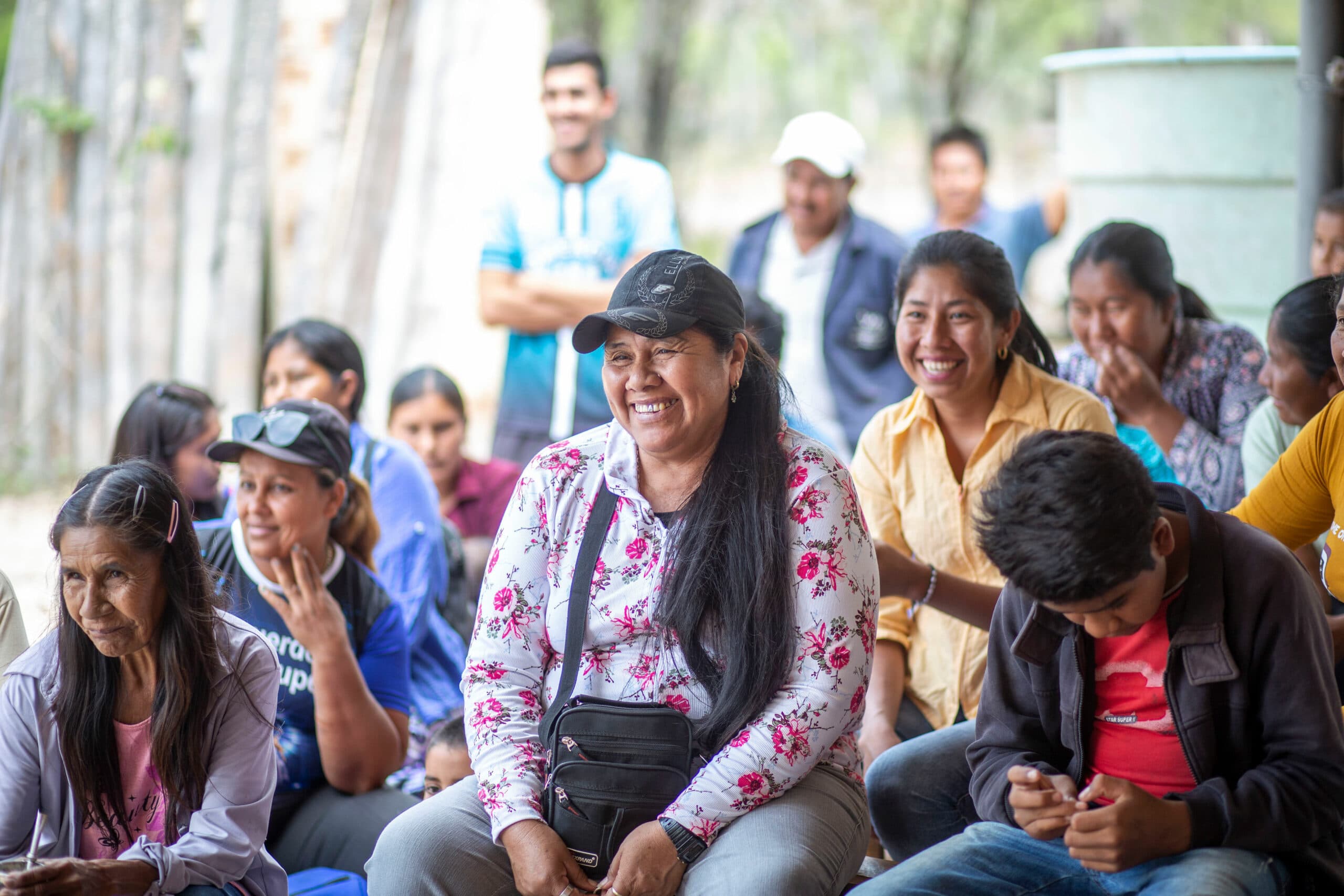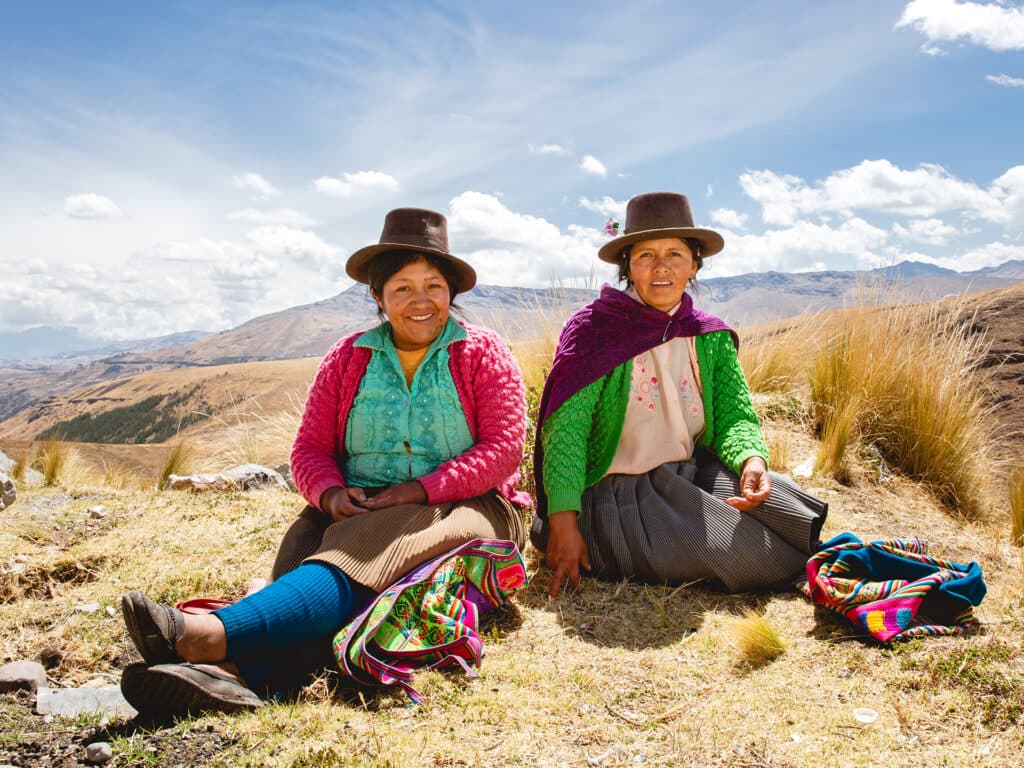
Paraguay
Paraguay is a large country with a small population, and almost half of its inhabitants live in the countryside. Paraguay is one of the world’s most unequal countries in terms of land distribution and the world’s fourth largest producer of soy.
Paraguay is a country with great challenges: a small population but with high poverty rates (22.7%), deep inequalities in land distribution, and severe environmental problems due to the widespread use of genetically modified soybeans and pesticides. These practices directly impact human health, biodiversity, and the rights of indigenous peoples and farmers. Furthermore, violence against women and the growing restriction of spaces for civil society threaten significant democratic setbacks.
Diakonia works in Paraguay supporting civil society organizations to promote equal access to resources, gender equality, human rights, democracy, and peace. Our efforts focus on three key areas:
- Human rights and environmental defense: We support human rights defenders, especially in the fight for land and the environment, helping farmers and indigenous peoples organize, legally defend their territories, and sustain their ways of life in an environmentally sustainable manner.
- Gender equality: We strengthen feminist and LGBTI groups, promote the sexual and reproductive rights of young people, and foster social dialogue between sectors with diverse perspectives, with the aim of eradicating violence and discrimination.
- Democracy and participation: We promote the strengthening of a vibrant and active civil society, developing advocacy and accountability capacities to ensure the fulfillment of the state's commitments to human rights and democracy.
Today, Paraguayan civil society faces a critical context due to laws that limit its capacity for action. Therefore, more than ever, it is crucial to support organizations that defend human rights, gender equality, and the environment.
Through Diakonia, we invite you to join a collective effort to strengthen these organizations and contribute to a fairer, more democratic, and human rights-respecting Paraguay. We believe that, with a consolidated civil society and a committed state, Paraguay can overcome its challenges and move toward a better future.

FUEGA - A Game to Prevent Gender-Based Violence
With the purpose to innovate methodologies that help bring the topic of gender-based violence to broader and more diverse audiences, we invited several organizations with extensive experience to join what we called the Gender-Based Violence Gamification Lab. Over the course of several months, representatives from 24 organizations collaborated to collectively create this game.
On November 25th, 2024, the International Day for the Elimination of Violence Against Women, we launched FUEGA in Paraguay — an educational, engaging, and accessible tool for learning about gender-based violence.

Diakonia in Latin America
Diakonia is present and have partner organizations in Bolivia, Colombia, Guatemala, Honduras, Peru and Paraguay. Our partners represent a broad variety of organizations working on different matters and at different levels.